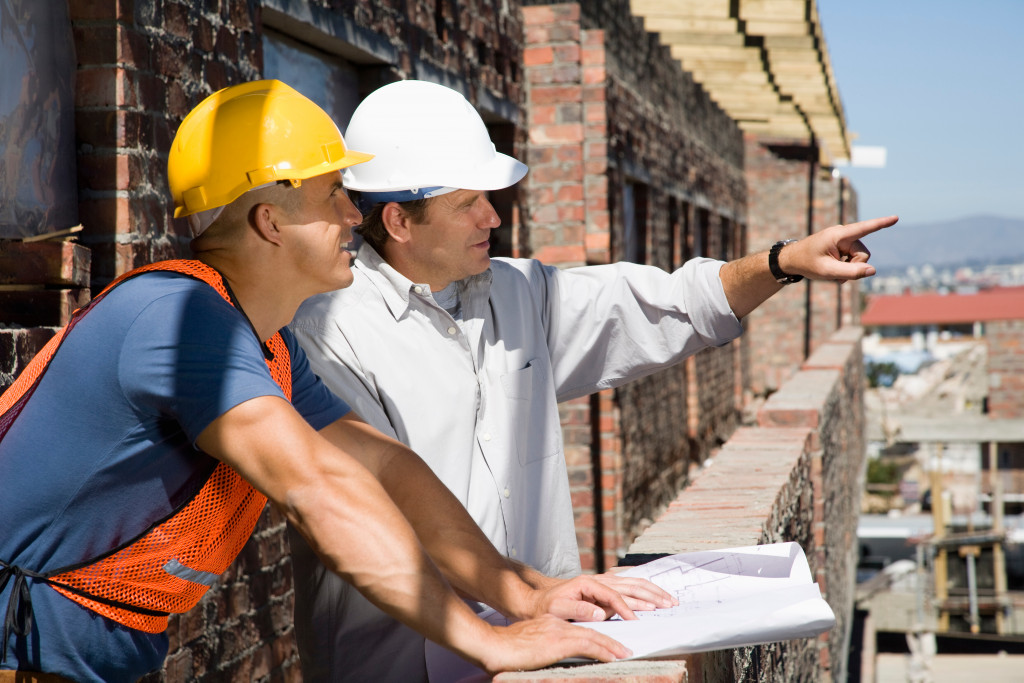The construction industry is booming in the United States, thanks to a recovering economy and increasing demand for new infrastructure. According to the Census Bureau, construction spending has increased by 13.7% over the past year, reaching $1.2 trillion.
This is excellent news for the construction industry, which has suffered from job losses and declining revenue in recent years. The boom creates jobs and opportunities for construction workers, suppliers, and contractors.
Several factors are driving the growth in the construction industry. First, the economy has been improving since the recession ended in 2009. The unemployment rate has fallen to 4.1 percent, and consumer confidence is at its highest in 17 years.
There is also now a rising demand for new infrastructure. The United States government has pledged to invest $1 trillion in new infrastructure projects, and Congress recently approved a bill authorizing $305 billion in transportation investments over the next five years.
Lastly, there is a shortage of skilled workers in the construction industry. Many workers left the industry during the recession, and they are now returning as the economy improves. As a result, the industry estimates there will be a shortage of about a million workers by 2020.
So from the looks of it, now it’s a great time to start a business in construction. Most construction businesses are family-run, so if you’re thinking of starting your own, here are five things you need to know:
Construction is a Risky Business
The construction industry is full of risks. There are safety risks, financial risks, and legal risks. As a family-run business, you must be aware of these risks and take steps to protect your business.
One of the most significant risks in construction is safety. Unfortunately, construction is one of the most dangerous industries in the world. According to the Occupational Safety and Health Administration (OSHA), there were one thousand fatalities in the construction industry in 2019. This includes workers who died from falls, being struck by objects and electrocutions.
To reduce the risk of injuries and deaths, you must have a strong safety program in your family-run construction business. You’re going to need your employees to take safety exams.
The OHSA offers a 10-hour course for construction workers. This course covers OSHA standards, hazard recognition, and injury prevention. You should require your family to take this course before they start working for you.
If you want them to work overseas, like in the United Kingdom, they will need to take the CSCS exam. The CSCS exam covers overseas construction safety procedures. Remember that CSCS exam online bookings are available to you. It’s a much more efficient option. Moreover, by doing this, you don’t need to worry about the scheduling of tests; the agency can take care of it. Taking this exam can ensure that your family members can work overseas on construction projects.

Financing
Another challenge you’ll face as a family-run construction business is financing. Construction projects can be expensive, and you’ll need to find ways to finance your projects.
One option is to get a loan from the Small Business Administration (SBA). The SBA offers loans for small businesses, including construction businesses. You’ll need a good credit score and a solid business plan to qualify.
You can also look into private loans. Private lenders are usually more flexible than banks and often work with small businesses. You can search for private lenders online or through the SBA’s lending directory.
You can also pool your family’s savings and use that as your start-up capital. It’s the main advantage of starting a family business. However, this is a risky option, but it can work if you’re careful with your money.
Construction is a Competitive Industry
Construction is a highly competitive industry. So you’ll need to differentiate your family-run construction business from your competitors to succeed.
One way to do this is by offering green construction services. Green construction is becoming increasingly popular as homeowners and businesses look for ways to reduce their environmental impact.
To be certified as a green contractor, you’ll need to complete a training program and pass an exam. In addition, the U.S. Green Building Council offers a LEED (Leadership in Energy and Environmental Design) certification program for contractors.
By offering green construction services, you’ll be able to differentiate your business from your competitors and attract more customers.
You’ll also need to focus on customer service. Construction businesses are often not known for their excellent customer service. Again, this is an area where you can stand out from your competition.
Make sure you’re responsive to your customers’ needs and concerns. You should also go above and beyond to meet their expectations.
Many people believe that family-run construction businesses can only lead to disaster. However, by preparing for the challenges you’ll face, you can increase your chances of success. These five tips will help you get started on the right foot and lead your family to success!

